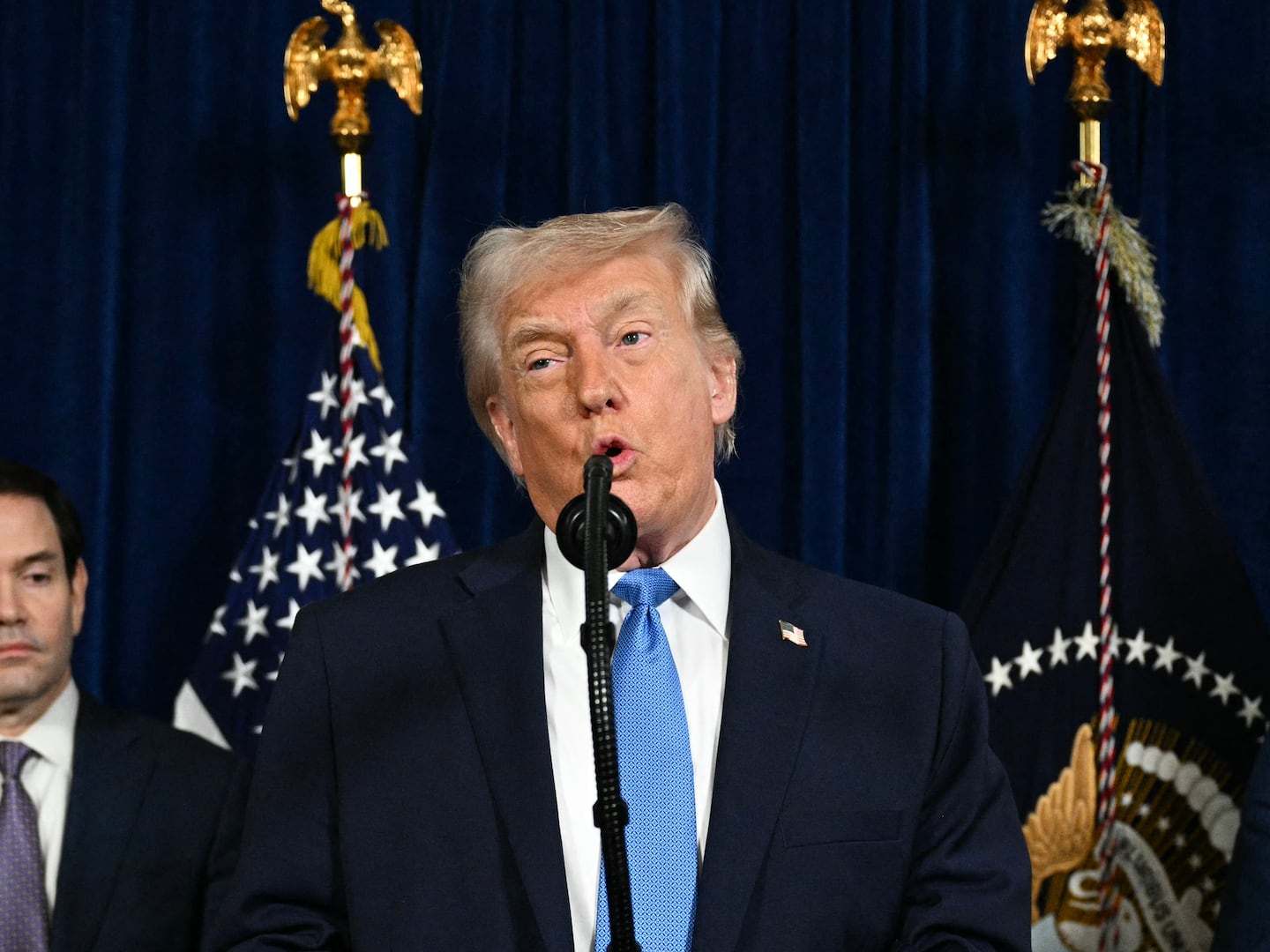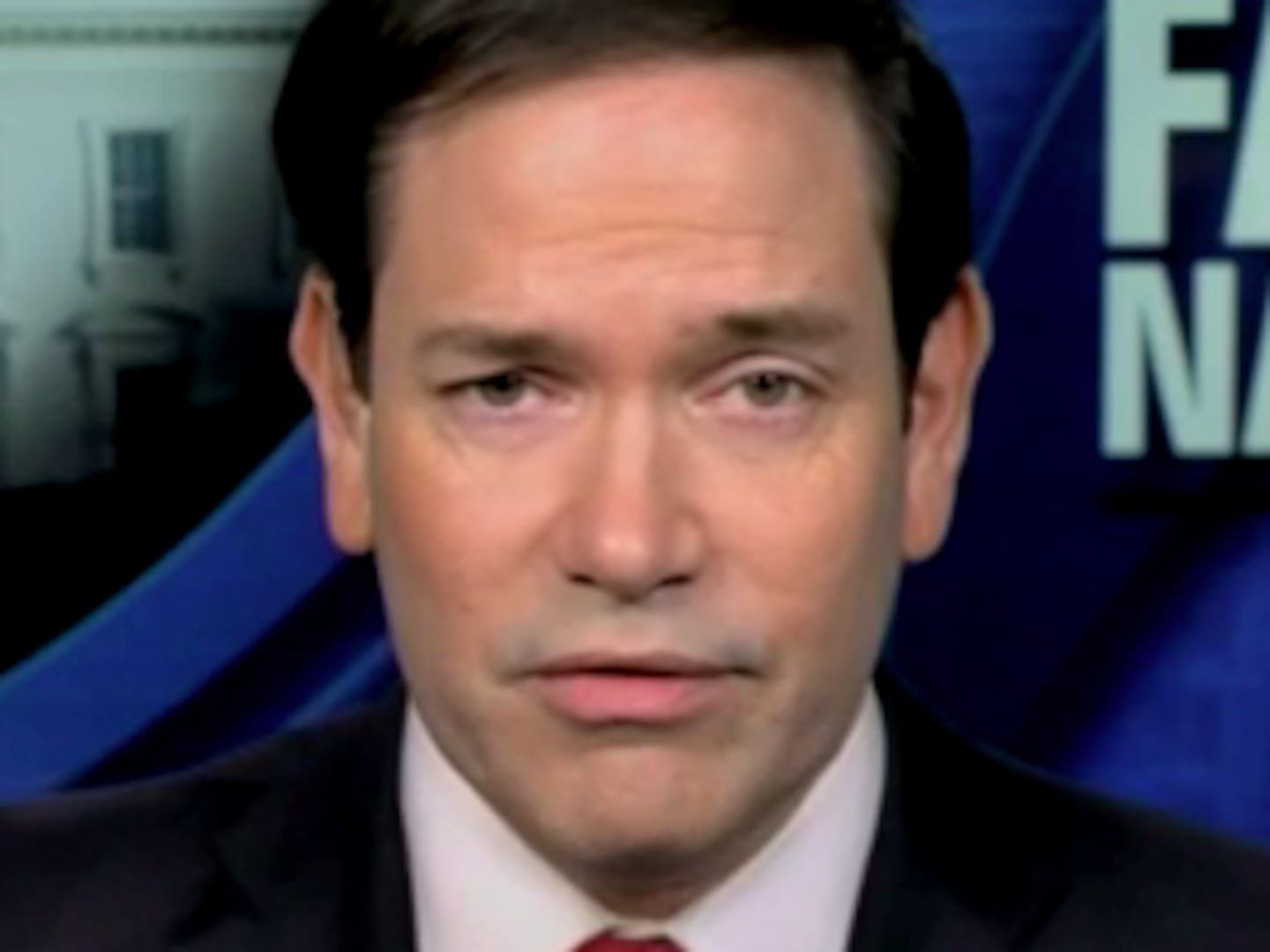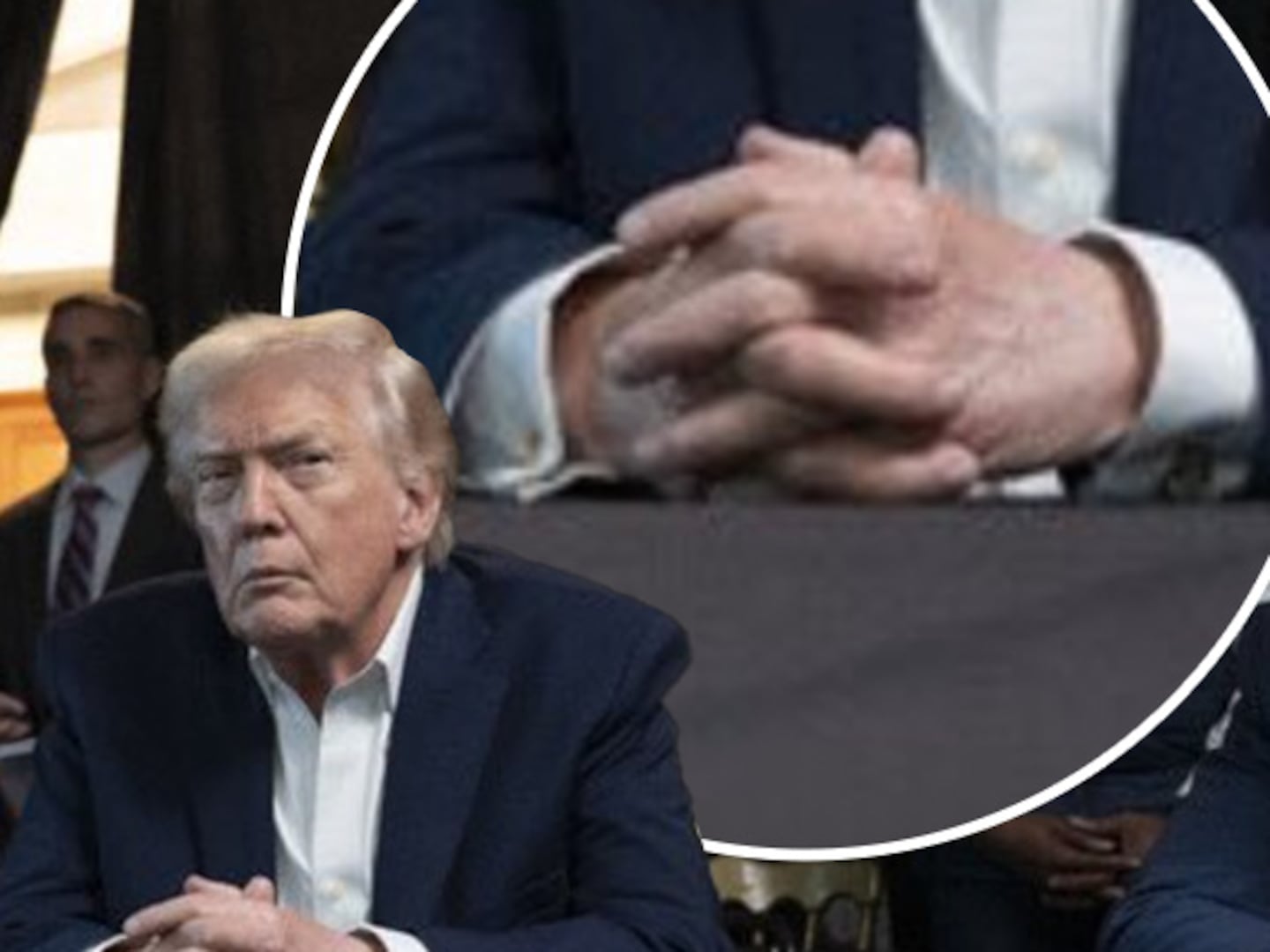
As Kabul is rocked by another bombing, America is in danger of abandoning Afghanistan for the second time in 20 years. Reihan Salam on why that would be a grave mistake.
In an address to the Veterans of Foreign Wars in August, President Obama made an impassioned case for the American military effort in Afghanistan. “If left unchecked,” Obama said, “the Taliban insurgency will mean an even larger safe haven from which al Qaeda would plot to kill more Americans.” Indeed, he went so far as to call the war in Afghanistan a “war of necessity,” a term one normally reserves for repelling a foreign invasion or foiling an imminent attack. One of the vitally important points the president made was that just as the insurgency in Afghanistan had grown over the course of years of neglect, it would not be defeated overnight. Having embraced a troop-intensive counterinsurgency strategy in March, it seemed the White House was committed to seeing it through, despite the painfully high cost in American lives. But now, just weeks later, the president seems to have abruptly changed course.
If al Qaeda vanished tomorrow, the Afghan and Pakistani Taliban would remain a potent and intertwined threat that could destroy both countries.
General Stanley McChrystal, the man Obama chose to lead the counterinsurgency effort in May, has been criticized sharply for publicly suggesting that he needs more troops to stabilize Afghanistan. The notion that the general was engaging in MacArthur-esque insubordination by making an honest assessment is wildly off-base, as defense wonks from right and left have pointed out. Although the White House has ruled out drawing down American forces in Afghanistan, it seems increasingly unlikely that General McChrystal will get what he wants, as critics of a surge gain the upper hand. What we’re seeing is a replay of a familiar American story. After making a firm commitment to “bear any burden, meet any hardship, support any friend,” in the words of John F. Kennedy, there’s a danger that we’re going to abandon Afghanistan for the second time in 20 years. And just like the last time, this decision will haunt us.
• Peter Beinart: Bury the Vietnam Analogy • Martin Sieff: The Key Democratic Defectors on Afghanistan Part of the problem is that Obama—like President Bush—has never been completely honest with the American public about why we belong in Afghanistan. The truth is far more complex than the war’s boosters and detractors allow. This summer, before the president’s talk of a “war of necessity,” Stephen Biddle, a senior fellow at the Council on Foreign Relations and one of the intellectual architects of the Anbar Awakening strategy that helped turn around the war in Iraq, published “Is It Worth It?” in The American Interest. While Biddle concluded that the war was indeed worth the staggeringly high cost, he called it “a very hard sell” that would involve “smaller benefits in exchange for greater exertions, yielding a net cost-benefit calculus perilously close to a wash.” How’s that for a stirring endorsement? As for the notion that a revived Taliban would allow al Qaeda to establish a safe haven, the central argument made by this president and the last for staying engaged, Biddle offers an obvious caveat: Terrorists seeking a safe haven could just as easily find one in Yemen or Somalia or Uzbekistan, and he could just as easily added rough neighborhoods in Paris or Berlin or perhaps even Brooklyn.
• Tina Brown: Let’s Not Abandon Afghan Women Moreover, the leadership of Al Qaeda is now based in Pakistan’s wild borderlands, and if crushing what is left of al Qaeda were our only goal, the United States could in theory focus its military efforts there. Indeed, U.S. forces have had tremendous success over the past year in thinning the ranks of Qaeda fighters in Pakistanm despite the near absence of U.S. forces on the ground. If you believe that al Qaeda is the sole reason the United States should be involved in this miserably dangerous corner of the world, you might also believe that General McChrystal’s strategy is overkill. The Taliban is best understood not as a single force but rather as as a series of overlapping insurgencies and criminal movements centered on Pashtun regions both in Afghanistan and Pakistan that are united only by a zealously misogynistic interpretation of Islam and psychotic xenophobia. Defeating it might will probably be much harder than defeating al Qaeda alone. So why bother? The simple answer is that our real goal ought to be a stable Pakistan.
The last time the U.S. was enmeshed in the affairs of Afghanistan was during the long CIA- and Saudi-sponsored insurgency against the country’s Soviet-backed government. Even after the Soviet Union under Gorbachev sought a compromise with the United States that would prevent Afghanistan from falling into the hands of anti-American fanatics, U.S. policymakers, including Robert Gates, refused to budge. After Afghanistan’s struggling central government collapsed, the Pakistanis were left to pick up the pieces as Americans celebrated their hard-won “peace dividend.” That’s one reason why today’s Pakistan is so deeply distrustful of American intentions. This distrust is precisely why the Obama administration had until recently been approaching Afghanistan and Pakistan as a single integrated challenge, hence the term “Af-Pak.” The fact that we’re finally winning the fight against al Qaeda doesn’t mean we can separate the Af from the Pak, as Vice President Joe Biden seems to believe. If al Qaeda vanished tomorrow, the Afghan and Pakistani Taliban would remain a potent and intertwined threat that could destroy both countries. We’re at risk of repeating the same mistake Gates made in the 1990s, only this time the outcome could be far worse.
I don’t envy Obama. I have no doubt he’s taking his responsibilities very seriously and that he badly wants to do the right thing. But I worry that he’s being misled by advisers who are emphasizing the short-term costs of waging a serious counterinsurgency effort rather than the far higher long-term costs of a nuclear-armed Pakistan falling into the hands of dangerous radicals.
Reihan Salam is a fellow at the New America Foundation and the co-author of Grand New Party.






